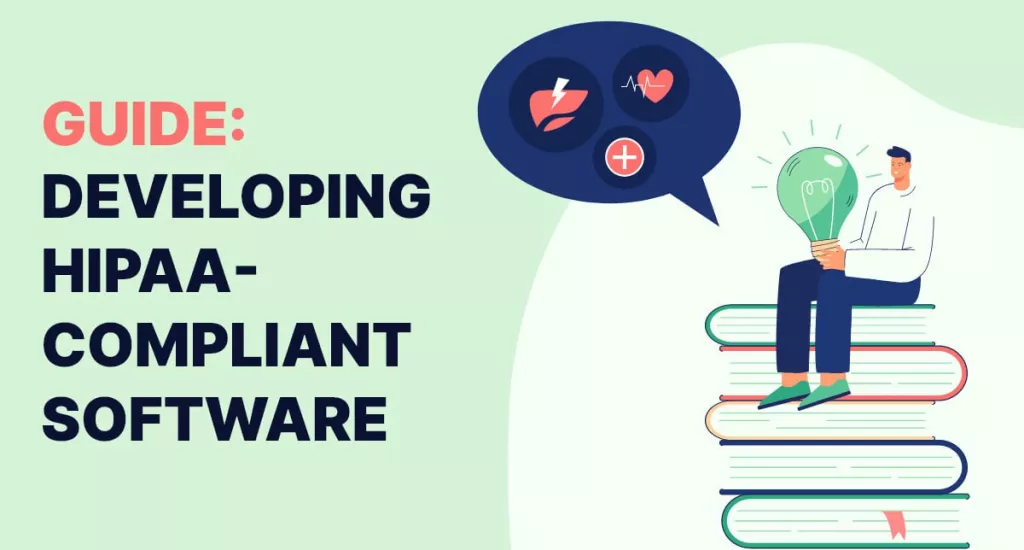As our company continues to focus on developing expertise in healthcare, we understand the importance of creating software that meets the regulatory requirements of the healthcare industry. One such regulatory requirement is the Health Insurance Portability and Accountability Act (HIPAA) which sets the standard for protecting sensitive patient data.
Developing HIPAA-compliant software can be a complex process, but it is necessary to ensure that patient data remains secure and private. In this guide, we'll outline some essential steps that healthcare software developers should follow when creating HIPAA-compliant software.
Conduct a Risk Analysis
The first step in developing HIPAA-compliant software is to conduct a comprehensive risk analysis. This involves identifying potential risks and vulnerabilities in the software, as well as evaluating the impact of these risks on patient data. By conducting a risk analysis, healthcare software developers can identify areas that require additional security measures and take appropriate action.
Develop a Security Plan
Once the risk analysis is complete, healthcare software developers should develop a security plan that outlines the necessary security measures to protect patient data. The security plan should include administrative, physical, and technical safeguards that ensure data confidentiality, integrity, and availability.
Implement Access Controls
Access controls are essential in ensuring that only authorized individuals have access to patient data. Healthcare software developers should implement role-based access controls that limit access to patient data based on the user's role and responsibilities. Additionally, two-factor authentication can be implemented to provide an extra layer of security.
Encrypt Data
Encryption is a critical component of HIPAA compliance. Healthcare software developers should ensure that all patient data is encrypted in transit and at rest. Encryption ensures that even if data is intercepted, it cannot be accessed without the appropriate decryption key.
Conduct Regular Audits
Finally, healthcare software developers should conduct regular audits to ensure that the software remains HIPAA-compliant. Audits should include testing for vulnerabilities and ensuring that security measures are up to date.




